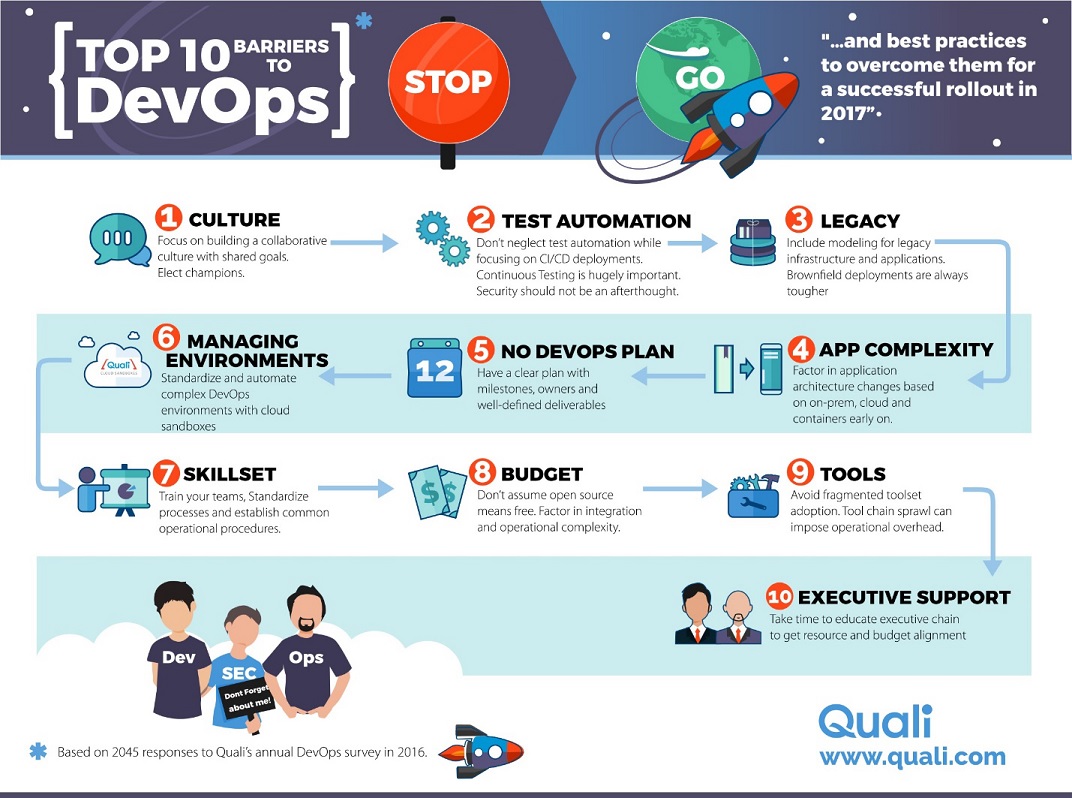Backslash Security introduced its Fix Simulation and AI-powered Attack Path Remediation capabilities.
Several practices of webscale companies are now penetrating mainstream enterprise organizations. The practice of DevOps is perhaps one of the most important. Driven by the adoption of cloud and modernization of application architectures, DevOps practices are fast gaining ground in companies that are interested in moving fast – with software eating everything - between "write code and throw it across the wall" to creating more pragmatic mechanisms that induce and maintain operational rigor. The intent behind DevOps (and DevSecOps) is quite noble and excellent in theory.
Where it breaks down is in practice. Greenfield deployments remain innocent. Starting out with a clean slate is always relatively easy. Preserving or integrating legacy in brownfield environments is where it becomes both challenging and interesting. For the next several years that’s where the action is.
Enterprises that have invested in technology over the past few decades suddenly find that they can now actually create tremendous legacy inertia to move forward. So, while many have adopted DevOps practices, it has begun in pockets across the organization.
Over the last two years Quali has conducted an annual survey that captures the trends at a high level from different vantage points. A survey fielded among 2,000 IT industry executives both online and during events such as VMWorld, Delivery of Things, Cisco Live, DevOps Summit, AWS re:Invent and Jenkins World provided several insights. Many of these were consistent with our experience. Other insights continue to surprise us.
It is remarkable that many enterprises continue to be dependent on infrastructure to make applications move faster. Infrastructure continues to be a bottleneck, particularly in on-premise environments. Software defined architectures and NFV have taken root, but the solutions are still scratching the surface. Adoption of automation, blueprinting and environments-as-a-service are happening and greasing the skids, but clearly these need to happen at a faster pace.
The survey also demonstrated some clear patterns on the top barriers inhibiting the rapid adoption of DevOps practices. The rankings were published in the infographic below.
Organizations that are planning to accelerate their DevOps initiatives in 2017 should heed these barriers and set up a clear plan to overcome them.
Check out more results from the survey.
Shashi Kiran is CMO of Quali.

Industry News
Check Point® Software Technologies Ltd. announced the appointment of Nadav Zafrir as Check Point Chief Executive Officer.
Sonatype announced that Sonatype SBOM Manager, its Enterprise-Class Software Bill of Materials (SBOM) solution, and its artifact repository manager, Nexus Repository, are now available in AWS Marketplace, a digital catalog with thousands of software listings from independent software vendors that make it easy to find, test, buy, and deploy software that runs on Amazon Web Services (AWS).
Broadcom unveiled the latest updates to VMware Cloud Foundation (VCF), the company’s flagship private cloud platform.
CAST launched CAST SBOM Manager, a new freemium product designed for product owners, release managers, and compliance specialists.
Zesty announced the launch of its Insights and Automation Platform.
Progress announced the availability of Progress® MarkLogic® FastTrack™, a UI toolkit for building data- and search-driven applications to visually explore complex connected data stored in Progress® MarkLogic® platform.
Snowflake will host the Llama 3.1 collection of multilingual open source large language models (LLMs) in Snowflake Cortex AI for enterprises to easily harness and build powerful AI applications at scale.
Secure Code Warrior announced the availability of SCW Trust Agent – a solution that assesses the specific security competencies of developers for every code commit.
GFT launched AI Impact, a new solution that leverages artificial intelligence to eliminate technical debt, increase developer efficiency and automate critical software development processes.
Code Metal announced a $13M seed, led by Shield Capital.
Atlassian Corporation has achieved Federal Risk and Authorization Management Program (FedRAMP) “In Process” status and is now listed on the FedRAMP marketplace.
Check Point® Software Technologies Ltd. announced that it has received a Leader ranking in The Forrester Wave™: Mobile Threat Defense Solutions, Q3 2024 report.
Mission Cloud announced the launch of Mission Cloud Engagements - DevOps, a platform designed to transform how businesses manage and execute their AWS DevOps projects.
Accelario announces the release of its free TDM solution, including database virtualization and data anonymization.




